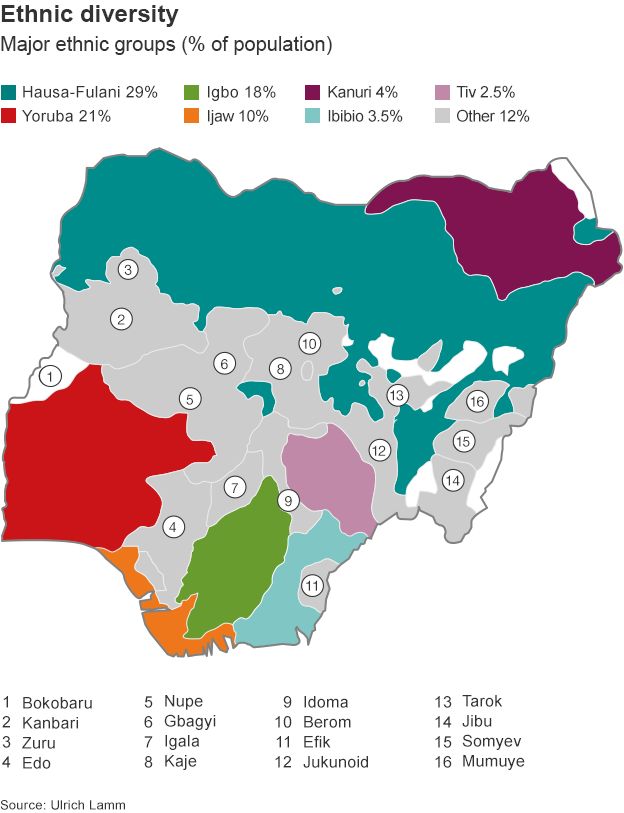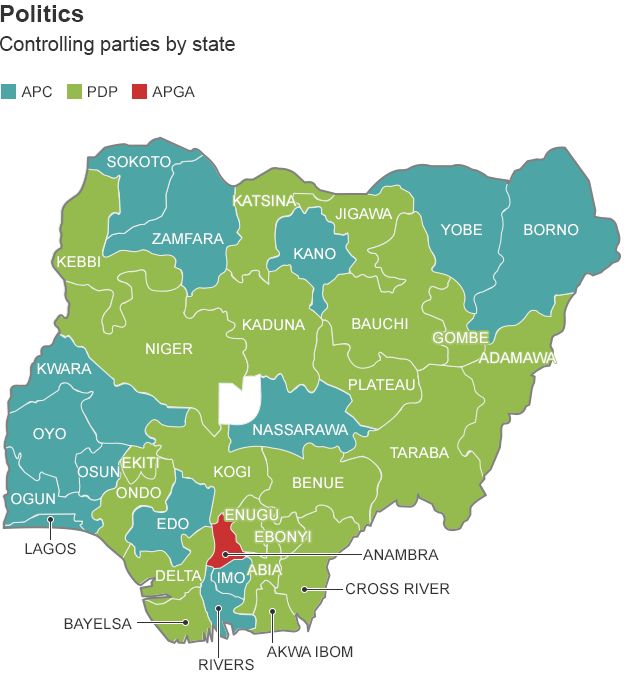The BBC summarizes David Cameron’s New Cabinet and New(ish) Agenda
Author: admin
Donald Trump in an Historical Perspective
We are currently enjoying a master class in the art of political stupidity. Donald J. Trump has been schooling us for some time, but the Iran nuclear deal has touched off a new race to the bottom. Mike Huckabee said the agreement with Iran would “take the Israelis and march them to the door of the oven.” Ted Cruz called the Obama administration “the world’s leading financier of radical Islamic terrorism.” Let’s not even get started on the Affordable Care Act, which Ben Carson once called “the worst thing that has happened in this nation since slavery.”
It’s tempting to rail against the media’s ability to elicit and amplify such stupidity. But none of this is new. Politicians have always resorted to dumb claims, blatant insults, bold exaggerations and baldfaced lies to gain press coverage and win votes.
Historian Joanne Freeman takes the long view on political shenanigans and tomfoolery in America.
China, Communism, and Confuncianism
In class I try to question the degree to which and the ways in which the Chinese Communist Revolution was indeed a revolutionary break from Chinese traditions. The Economist likewise questions this. Here is a short summary of the argument I’ve been making for years.
The end of capitalism has begun
Without us noticing, we are entering the postcapitalist era. At the heart of further change to come is information technology, new ways of working and the sharing economy. The old ways will take a long while to disappear, but it’s time to be utopian.
I’ve raised this question–albeit with much less clarity–in class.
Pardon Pot Prisoners?
On Monday, President Obama commuted the sentences of 46 federal prisoners locked up for nonviolent drug offenses, raising the total number of commutations he’s issued to 89. The decision came 15 months after former Attorney General Eric Holder announced the president’s request to prioritize clemency applications from nonviolent, well-behaved, oversentenced drug offenders.
While there’s still time, the president should consider an act of clemency that measures up to history: pardoning every marijuana offender.
Iran’s ‘Generation Normal’
Iranian youth — curious, wired and desperate for normality — are forcing change that horrifies their rulers.
“…the new generation of Iranians, the real Islamic Republic that is far less Islamic than its rulers want and ambitious in a different way — not through making mischief or muscle flexing, but through higher education, ideas and its people’s hunger to be citizens of the world. Curious, wired, and desperate for normality, Iran’s youth — under-40s make up 60 per cent of the 80 million-strong population — have been taking the country in a direction that horrifies its rulers. The pace of change among them has been so fast and dramatic, particularly over the past decade, that Iran’s sociologists say they are still trying to understand them and Islamic leaders regularly blame the west for corrupting them. In a recent statement, Ayatollah Ali Khamenei, the supreme leader and highest authority, hinted at his frustration. “They [the youth] are intellectually exposed to dangerous threats — the ways of corrupting them are many, there are communications media that can?.?.?.?spread a wrong thought or comment. Today the country is not involved in the military war but it is involved in political, economic and security wars — and, above all, the cultural wars.”
Obama: Progressive?
Early Friday, President Obama announced that he will designate three new national monuments, permanently protecting more than one million acres of public lands. He designated pristine wilderness landscapes in Nevada as Basin and Range National Monument, scenic mountains in California as Berryessa Snow Mountain National Monument, and a fossil-rich site in Texas as Waco Mammoth National Monument.
With these designations, President Obama is adding to the 16 national monuments he has already created with his authority under the Antiquities Act, setting aside “more public lands and waters than any administration in history.”
Obama. Progressive? Maybe not. But TR would be proud.
Review: Immigration
Here is a helpful Power Point, presented chronologically and divided into periods, which summarizes immigration in USH.
Review: Evolution of Political Parties in USH
Here is a document that shows the evolution of political parties in US History while comparing and contrasting opposing parties.
Review: Presidential Administrations
The key events, acts, etc. of each Presidential administration.
The Presidents in Review.
Here is another version, also good.
Here is a similar Power Point version of the same
And here is the Presidential Rankings table posted in my classroom.
The Most Common* Job In Each State 1978-2014
…and the rise of truck drivers.
from our friends at Planet Money
KCRW Discussion: One Nation under God…but Since When?
American values may be compatible with the Christian Bible…but the Founding Fathers insisted on the separation of church and state. Yet many Americans believe they live in a historically “Christian Nation.” We hear about a long-running campaign to associate religion and politics.
Fresh Air Interview: How Ronald Reagan Used An 'Invisible Bridge' To Win Over Americans
Between 1973 and 1976, Americans saw a president resign in disgrace, a calamitous end to the Vietnam War, gas lines at service stations, the financial collapse of New York City, two presidential assassination attempts, and the kidnapping of a publishing heiress by the Symbionese Liberation Army.
Perlstein says Reagan spoke to Americans’ anxieties with a simple message about America’s inherent greatness — and became the leader of a potent political movement.
“[Reagan’s] ability to preach this liturgy of absolution in the midst of moral chaos … was the soul of his political appeal,” Perlstein tells Fresh Air’s Dave Davies.
How Thousands Of Nazis Were 'Rewarded' With Life In The U.S.
In his new book, The Nazis Next Door, Lichtblau reports that thousands of Nazis managed to settle in the United States after World War II, often with the direct assistance of American intelligence officials who saw them as potential spies and informants in the Cold War against the Soviet Union.
Lichtblau says there were whole networks of spy groups around the world made up of Nazis — and they entered the U.S., one by one.
Fresh Air Intewrview: '70s 'Days Of Rage'
Bryan Burrough’s new book describes the Weather Underground and other militant groups’ tactics to protest the government. He interviews former radicals who had never gone on the record before.
Fresh Air Interview: 'Pope And Mussolini' Tells The 'Secret History' Of Fascism And The Church
It’s commonly thought that the Catholic Church fought heroically against the fascists in Italy. But historian David Kertzer says the church actually lent organizational strength and moral legitimacy to Mussolini’s regime. Kertzer recently won a Pulitzer Prize for his book The Pope and Mussolini: The Secret History of Pius XI and the Rise of Fascism in Europe.
How JFK made NASA his secret weapon in the fight for civil rights in America
That was Julius Montgomery. He was part of a small cadre of African American mathematicians, engineers and technicians who helped power the space race — at a time when laws kept them from using the same toilet as their coworkers. (Later, he also integrated the Florida Institute of Technology.) These men were the vanguard of what became a government strategy to integrate the South.
Nigeria elections: Mapping a nation divided
Nigeria is Africa’s biggest oil producer and most populous country – but poverty is widespread and the country is in the grip of a violent uprising by Islamists Boko Haram. The BBC maps the country’s divisions ahead of its postponed elections.


Women Struggle in Parliament
Q&A w/ Fatemeh Haghighatjoo, a former member of Iran’s parliament (2000-2004). She is currently a visiting professor at the University of Massachusetts in Boston.
How To Be A Better Writer: 6 Tips From Harvard’s Steven Pinker
Pinker’s latest book is The Sense of Style: The Thinking Person’s Guide to Writing in the 21st Century. And it’s great.
Below you’ll learn:
- The two key elements that will improve your writing.
- The biggest mistake we all make — and how to fix it.
- The science behind what makes writing work.
- The most pleasant way to improve your knowledge of grammar.